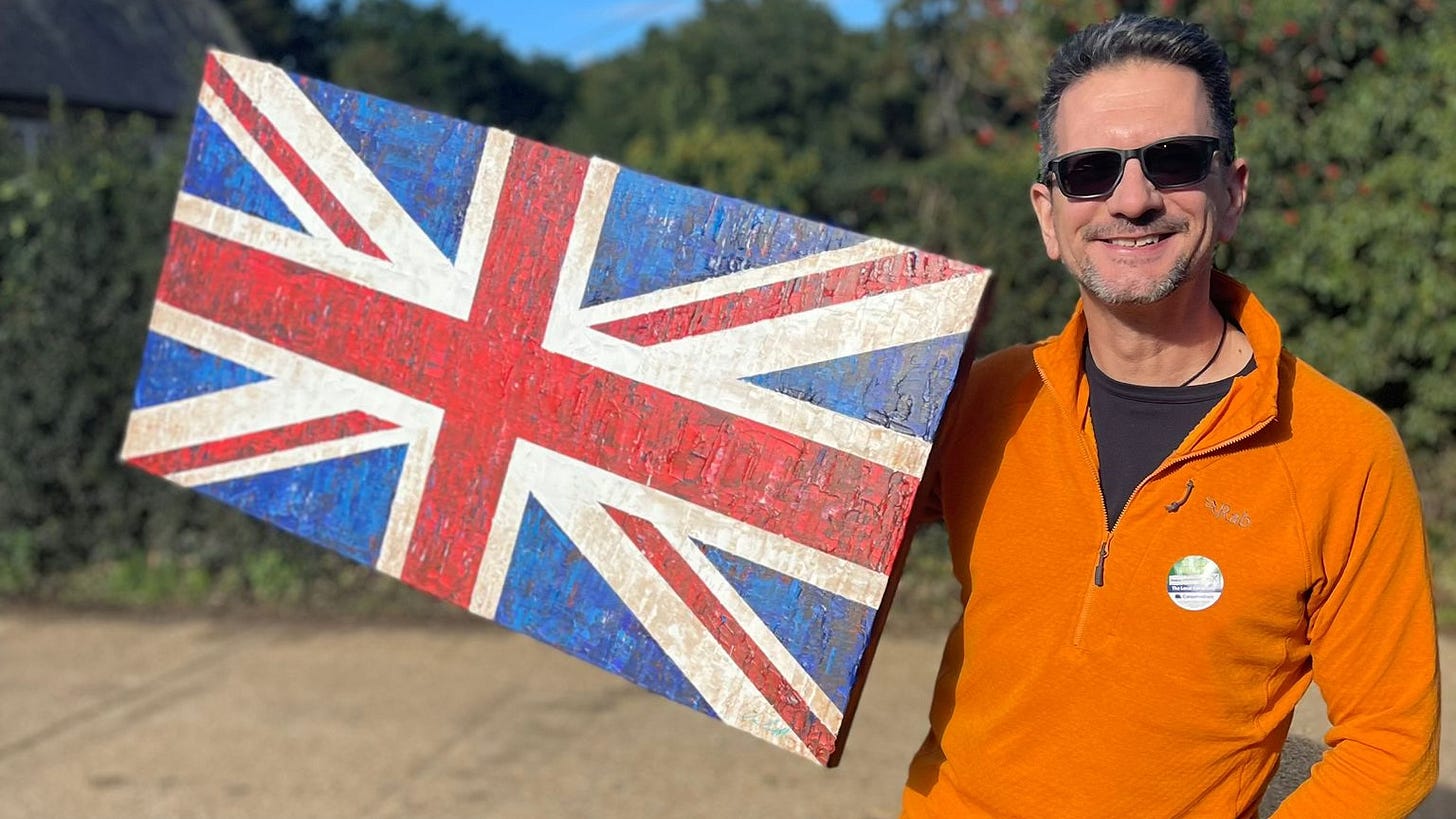Compromise – a dirty word
We all prefer total and final victory. It is rare. Leaders compromise. And that is tough.
Today is the fifth anniversary of our exit from the European Union. Throughout the process, I was one of the leading figures on the leave side, in various capacities1. I was often asked, “Why won’t you compromise?!”
The answer of course was that the consequences of the compromises at hand would have been intolerable. For example, the proposed 2018 deal over which I resigned as a Brexit minister with David Davis would have firmly split the Conservative Party as we collapsed into a general election against a Corbyn-led Labour Party: they would have won and that would have been a long-term catastrophe for the UK2.
Ultimately, I did compromise, backing Rishi Sunak’s Windsor Framework for Northern Ireland. It was a hard compromise indeed and it has proven a deeply painful experience over which I have lost valuable friends and allies. The circumstances illustrate wider lessons about compromise and the price of it.
I will set out the circumstances as briefly as feasible and then explore some general lessons about politics and compromise for those who aspire to leadership.
Borders, the European Union and Northern Ireland
Thanks to governments doing things, borders are a real nuisance. One way to abolish borders is to be in the same country, or what amounts to it: the EU.
Countries which are in the EU’s Schengen Zone have no checks on people moving between them. The UK and Ireland are not in Schengen: we have our own Common Travel Area apart from the EU. Leaving the EU never risked it.
Keep reading with a 7-day free trial
Subscribe to Fighting for a Free Future with Steve Baker to keep reading this post and get 7 days of free access to the full post archives.




